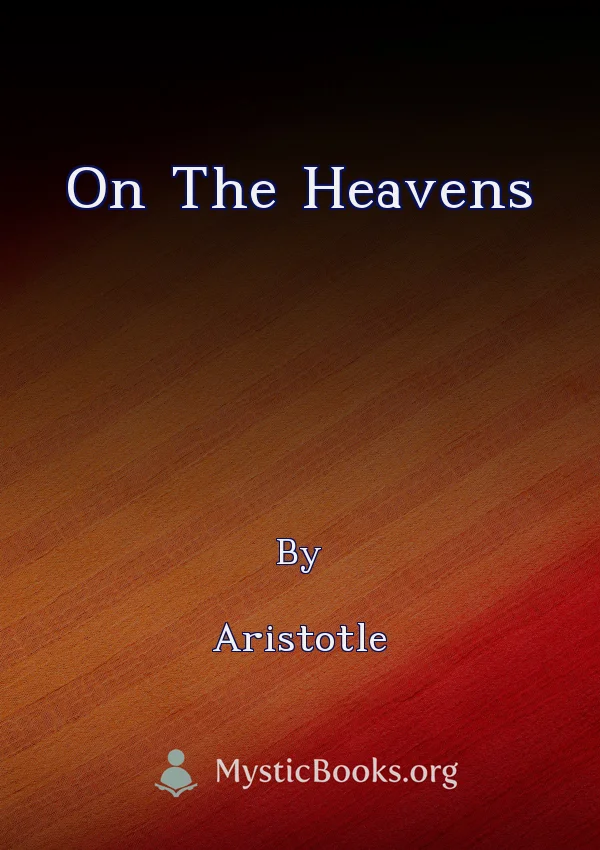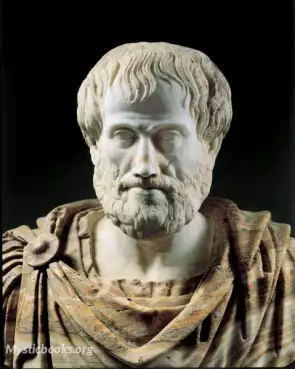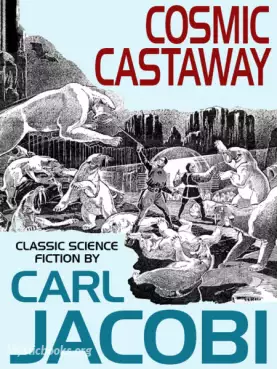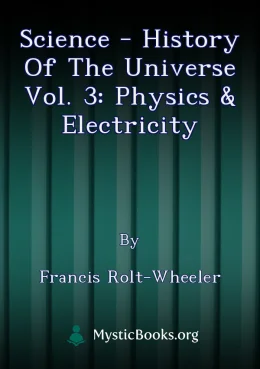
On the Heavens
by Aristotle
'On the Heavens' Summary
'On the Heavens' presents Aristotle's detailed cosmological theory, a foundation for his later works on physics and natural philosophy. He argues that the Earth is a sphere, not flat, citing the evidence of lunar eclipses and the consistent shape of the horizon. His theory of gravity posits that objects fall towards the center of the universe due to a natural inclination towards 'earth,' the element composing the center. He further expands on this, suggesting that the speed of an object's fall is proportional to the amount of 'earth' it contains. Aristotle presents the contrasting element of 'fire', which naturally moves away from the center. He critiques earlier theories of the universe, including those of the Pythagoreans, who believed the Earth was a star, and Democritus, who believed in atoms. The book explores the nature of matter, motion, and the relationship between these concepts to the structure of the cosmos. It presents a nuanced and systematic view of the universe, shaping scientific thought for centuries.Book Details
Language
EnglishOriginal Language
Published In
Genre/Category
Tags/Keywords
Authors

Aristotle
Greece
Aristotle (384–322 BC) was a Greek philosopher and polymath during the Classical period in Ancient Greece. Taught by Plato, he was the founder of the Lyceum, the Peripatetic school of philosophy...
Books by AristotleDownload eBooks
Listen/Download Audiobook
- Select Speed
Related books

Color Notation by Albert Henry Munsell
This book, 'Color Notation' by Albert Henry Munsell, presents a comprehensive exploration of the Munsell color system, a method for classifying and de...

One Hundred Proofs That the Earth Is Not a Globe by William Carpenter
Published in 1886, "One Hundred Proofs that the Earth Is Not a Globe" by William Carpenter presents a collection of arguments against the widely accep...

Cosmic Castaway by Carl Richard Jacobi
"Within a year Earth would be a vassal world, with the Sirian invaders triumphant. Only Standish, Earth's Defense Engineer, could halt that last victo...

The Prairie Traveler by Randolph B. Marcy
The Prairie Traveler is a complete how-to travel guide for the westward-bound pioneer. Covering topics from first aid for rattlesnake bites to how to...

Is the Bible Worth Reading and Other Essays by Lemuel Kelley Washburn
This collection of essays by Lemuel Kelley Washburn, a prominent American freethinker and editor of the *Boston Investigator*, delves into various asp...

Handbook of Nature-Study, Part 1 by Anna Botsford Comstock
Comstock's *Handbook of Nature-Study* is a comprehensive guide for teachers and educators seeking to integrate the natural world into their classrooms...

Science - History of the Universe Vol. 3: Physics & Electricity by Francis Rolt-Wheeler
This volume delves into the fundamental principles of physics and electricity, encompassing a wide range of topics. It explores the nature and propert...

Omega: The Last Days of the World by Camille Flammarion
On 25th century Earth, a comet made mostly of Carbonic-Oxide (CO) could possibly collide with the Earth. It is concerned with the philosophy and polit...

Common Sense in the Household: A Manual of Practical Housewifery by Marion Harland
Do you want to be a better homemaker? Marion Harland's Common Sense in the Household: A Manual of Practical Housewifery is a comprehensive guide to r...

Martyrdom of Man by William Winwood Reade
The Martyrdom of Man, written by William Winwood Reade in 1872, is a comprehensive and expansive work exploring the history of humanity from a secular...
Reviews for On the Heavens
No reviews posted or approved, yet...